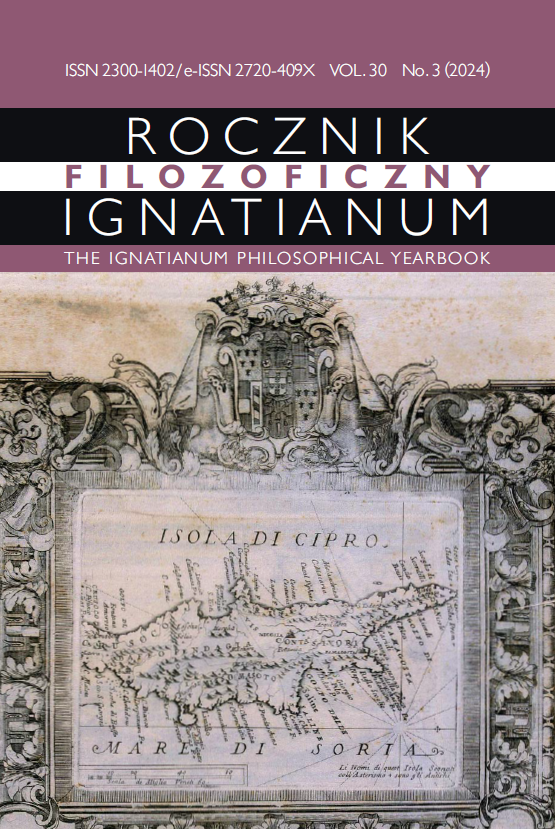Centre for Mediterranean and Oriental Studies at the Jesuit University Ignatianum in Cracow
Abstract
In response to the increasing interest in the cultural and historical interactions between the Mediterranean and Asia, Jesuit University Ignatianum in Cracow has established a Centre for Mediterranean and Oriental Studies.
Over the centuries, the historical and cultural connections between the Mediterranean and Asian regions have been marked by a rich tapestry of interactions. These exchanges encompassed not only commercial activities but also religious, technological, and cultural aspects. Understanding these complex relationships is essential, particularly for defining the conditions for future international cooperation.
China, Korea, and Japan now play significant roles on the international stage. The Western world first encountered these societies at the dawn of the modern era. In the early phase of this contact, interactions primarily involved exchanges of ideas, with Jesuit missionaries playing a pivotal role. In the second half of the 19th century, cultural interactions were further influenced by political and economic factors, leading to partial Westernization of these societies. In the past three decades, tensions between Chinese and Western civilizations have emerged, largely driven by political and economic rivalries. These tensions are compounded by a deep crisis within Western civilization itself, marked by a weakening social fabric and diminishing sense of identity. This crisis is closely related to modern generations’ departure from Christian religion and Greco-Roman traditions, which historically bonded Western civilization. Cultural historians at Ignatianum have highlighted that Jesuit missionaries active in Northeast Asia during the 16th and 17th centuries—such as Poles Michał Boym, Jan Mikołaj Smogulecki, and Andrzej Rudomina— left behind a valuable archive of early contacts between Mediterranean civilization and the Asian world. A team of researchers at Ignatianum is currently examining these materials as part of grant projects under the Science for Society and National Science Development Program.
Copyright (c) 2024 Ignatianum University in Cracow

This work is licensed under a Creative Commons Attribution-NoDerivatives 4.0 International License.
The Yearbook only accepts materials for publication that are free of all conflicts of interest, and that in no way involve conflicts over authorship, copyright, etc. The Editors will take action against any cases of plagiarizing, ghostwriting1, guest/honorary authorship2, etc. Where co-authored work is concerned, the Author listed first is expected to take responsibility for the submission, and is required to make clear the contributions of all of the Co-Authors involved. In the event of the publication owing its existence to funding dedicated to this purpose, this fact should be made clear: e.g. in any note of thanks/acknowledgement, or in a footnote, etc. Explicit notification should be given of any form of reprinting, with the appropriate evidence of permission to publish being furnished as required. Any impropriety on the part of Authors/Reviewers risks exposing them to appropriate responses from the relevant institutions.
______
1 This term refers to instances of a person who has made an essential contribution being omitted from the list of authors, or from notes conveying gratitude and/or acknowledgement.
2 This occurs when a person who has made either an insignificant contribution or no contribution at all nevertheless appears on the list of authors.





